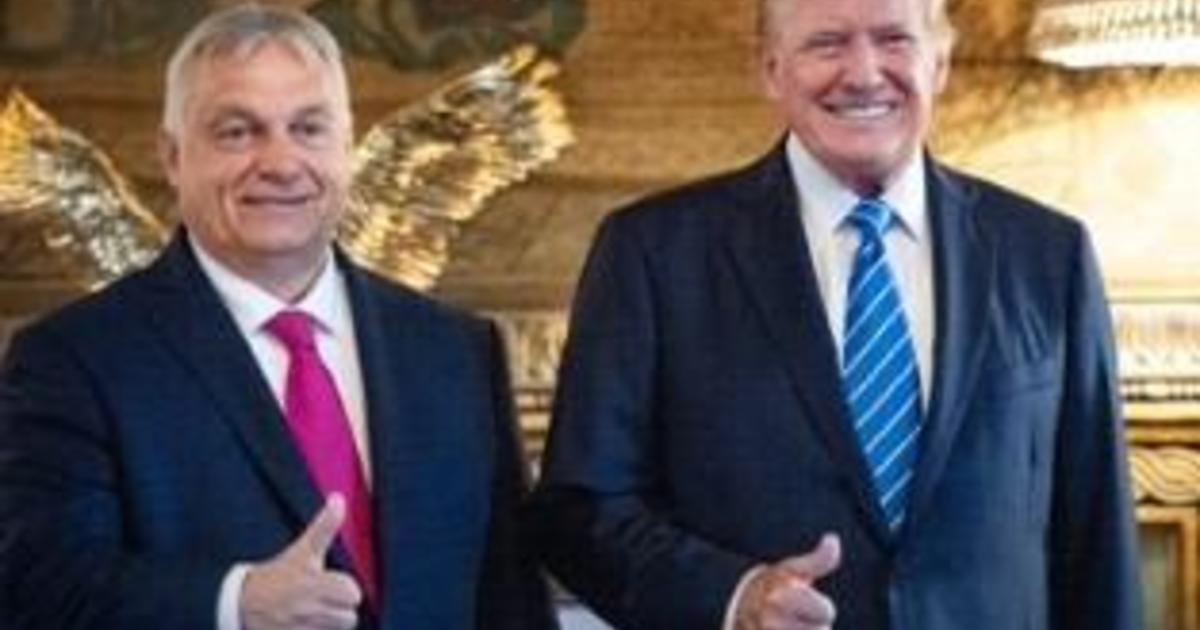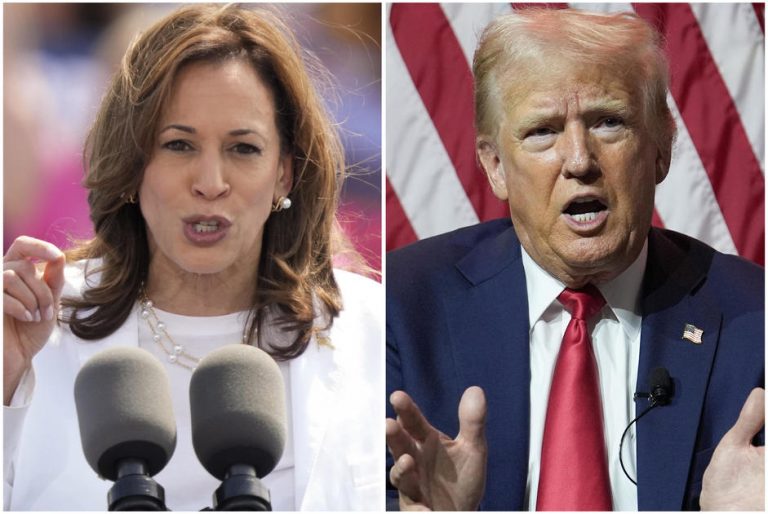Viktor Orbán, Hungary’s Prime Minister, visits Trump at Mar-a-Lago after NATO meeting.
Hungary’s nationalist prime minister, Viktor Orbán, made a significant visit to Florida where he met with former President Donald Trump at Mar-a-Lago. This meeting, following a NATO summit in Washington, is likely to stir up tensions among Western allies due to Orbán’s recent secretive trips to Russia and China.
The encounter between Orbán and Trump was warm, as evidenced by a photo they shared on social media along with captions hinting at discussions about making peace. Orbán openly endorsed Trump’s candidacy in this year’s presidential election, expressing hopes that Trump could bring an end to Russia’s war in Ukraine.
The Hungarian leader has gained recognition for championing what he terms “illiberal democracy,” a stance characterized by strict immigration policies, limitations on LGBTQ+ rights, and crackdowns on the press and judiciary within Hungary. Orbán has also faced accusations from the EU of violating democracy and rule-of-law standards.
Orbán’s visit to Mar-a-Lago marks the latest stop on his self-proclaimed “peace mission,” aimed at finding a resolution to Russia’s conflict in Ukraine. He previously visited Kyiv for talks with Ukrainian President Volodymyr Zelenskyy but later traveled to Moscow for discussions with Russian President Vladimir Putin, much to the dismay of Ukraine and other European capitals.
Following his meetings in Russia, Orbán proceeded to Beijing for discussions with Chinese President Xi Jinping. While some interpreted his Kyiv visit as a sign of approaching alignment with EU views on Ukraine, his subsequent trips to Moscow and Beijing indicated otherwise.
In response to Orbán’s actions, Zelenskyy expressed uncertainty about the Hungarian leader’s future destinations, emphasizing that it wasn’t for NATO to dictate member countries’ diplomatic engagements. Despite concerns raised by EU leaders, Orbán continues to pursue independent foreign policy interactions, potentially endangering the unity of EU and NATO fronts.
President Biden, commenting post-NATO summit, indicated a reluctance to engage with Putin, which starkly contrasts Orbán’s overtures towards the Russian leader. Orbán’s reliance on Trump and conservative Republicans in seeking a solution to the Ukraine conflict has drawn criticism, with concerns raised about his potential alignment with Chinese policies conflicting with Trump’s tough stance on Beijing.
Orbán’s unconventional diplomatic moves have left him isolated at the NATO summit, with minimal interaction with reporters. His proactive engagement with potential U.S. presidential candidates has sparked debate on the repercussions for NATO, Western support for Ukraine, and the individual security of member nations if Trump were to regain power in upcoming elections.
Despite criticisms, some view Orbán’s outreach to prospective U.S. leaders as a strategic diplomatic move, ensuring relationships with key figures in global politics. However, concerns persist about the impact of Orbán’s diverging foreign policy choices on European unity and transatlantic alliances.
As European governments strategize on safeguarding NATO interests and Western support for Ukraine in light of potential shifts in U.S. leadership, Orbán’s actions continue to draw attention and spark debate about the future of international relations and security.








